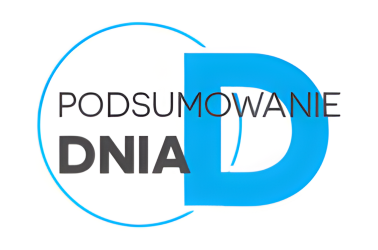- Major market movements today were dominated by significant corporate news and currency market developments, with particular focus on the healthcare and technology sectors. The US100 led the decline, down 0.72% amid pressure in the technology sector. The US500 fell 0.26%, while the US30 slid 0.50%.
- European markets also traded mostly lower, with the W20 showing the steepest decline (-1.67%) among major European indices. The ITA40 fell 0.78%, while the UK100 managed to stay barely positive (+0.04%). The DE40 and FRA40 declined 0.45% and 0.21% respectively.
- Moderna (MRNA.US) experienced a dramatic 23% decline after substantially reducing its 2025 revenue guidance to $1.5-2.5 billion, down from the previous $2.5-3.5 billion forecast. The company announced aggressive cost-cutting measures, including $1 billion in reductions for 2025 and an additional $500 million in 2026, responding to weakening Covid vaccine demand.
- In tech sector developments, Apple (AAPL) faces mounting challenges as iPhone sales declined 5% in Q4, with global market share dropping to 18%. The company's delayed AI rollout, particularly in China, has impacted performance. Additionally, Apple confronts legal challenges in the UK regarding App Store practices and increased EU scrutiny over new developer fee structures.
- The Biden administration's new AI export controls significantly affected Nvidia (NVDA), whose shares fell 3.7%. While 18 close allies received exemptions, over 120 countries face new restrictions requiring government approval for AI model exports and overseas computing facilities.
- ECB’s Villeroy commented on the French budget puzzle, stating that France is not at risk of not being able to finance itself. He added that French GDP growth could pick up in 2026 and 2027.
- NY Fed’s 3-year expected inflation rose in December to 3% (previously: 2.6%)
- In major M&A news, Johnson & Johnson (JNJ) announced a $14.6 billion acquisition of Intra-Cellular Therapies at $132 per share, sending ITCI shares up 35% in premarket trading. The deal strengthens J&J's CNS portfolio with lumateperone and ITI-1284.
- Currency markets saw significant movement as the euro dropped below 1.02, reaching its lowest level since November 2023. The decline intensified following Friday's strong US jobs report, which forced traders to reassess Fed rate cut expectations. Goldman Sachs now forecasts the euro to fall to 0.97 in six months.
- In energy markets, new US sanctions on Russia have raised supply concerns, though Rystad Energy expects Brent crude to remain range-bound around $80 per barrel. Goldman Sachs suggests prices could test $85 per barrel amid the uncertainty.
- Precious metals faced significant pressure across the board, with silver leading the decline (-2.21%), followed by gold (-1.11%). Palladium and platinum also weakened, dropping 0.50% and 0.25% respectively. The sector's weakness comes amid dollar strength and rising Treasury yields.
- Cryptocurrencies trend lower. Bitcoin declines 2.3% to $91,540, while Ethereum slides 7.7% to $2981.
- The market now awaits Wednesday's US CPI data for further insights into the Federal Reserve's policy path, while monitoring the euro's ability to maintain support near parity levels.

Daily summary: Silver plunges 9% 🚨Indices, crypto and precious metals under pressure

US100 loses 1.5% 📉

🚨Gold slumps 3% amid markets preparing for Chinese Lunar Year pause

Does the current sell-off signal the end of quantum companies?


